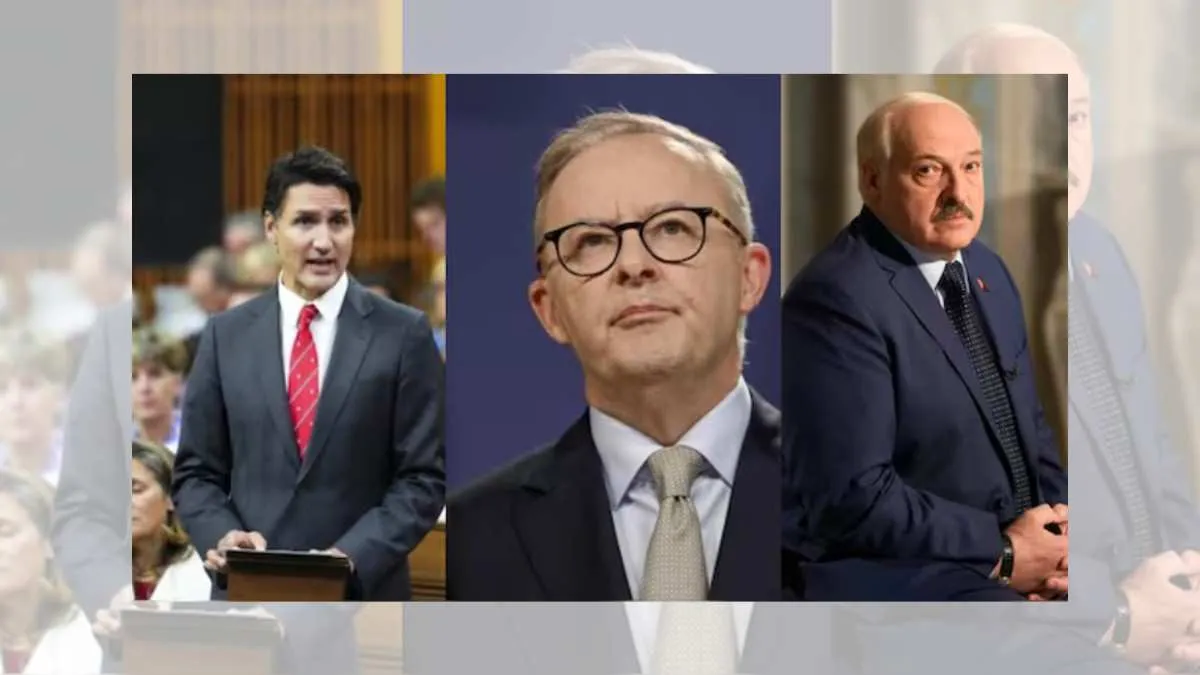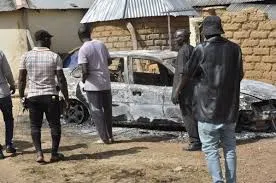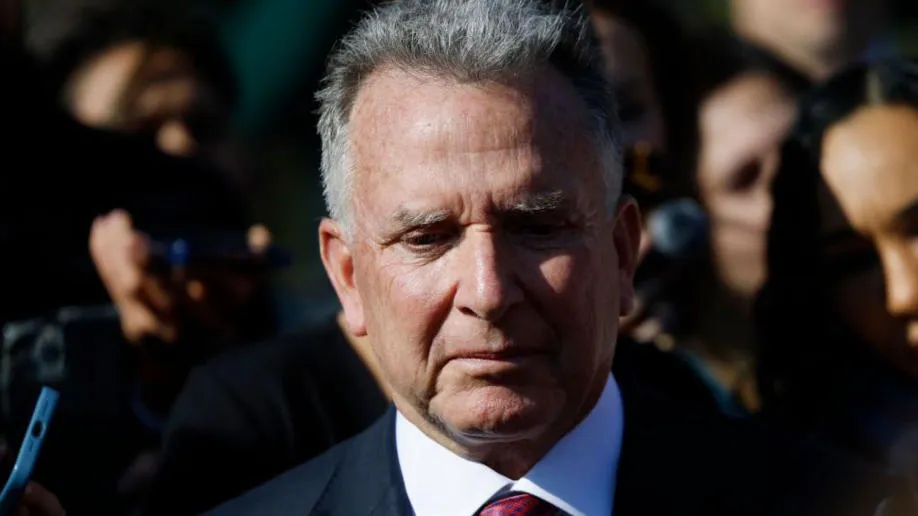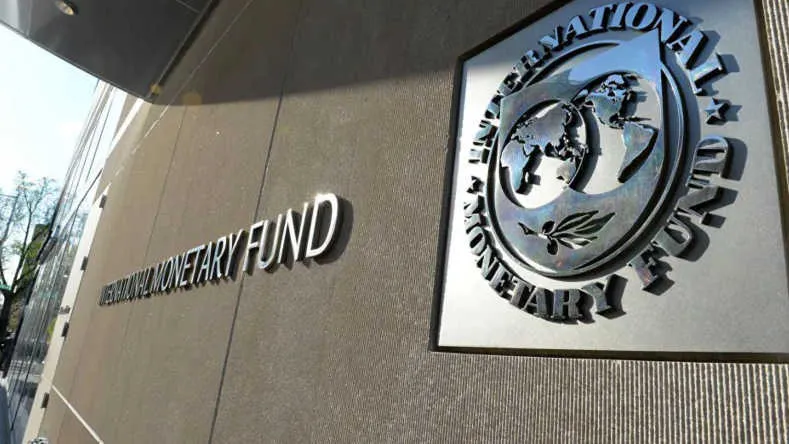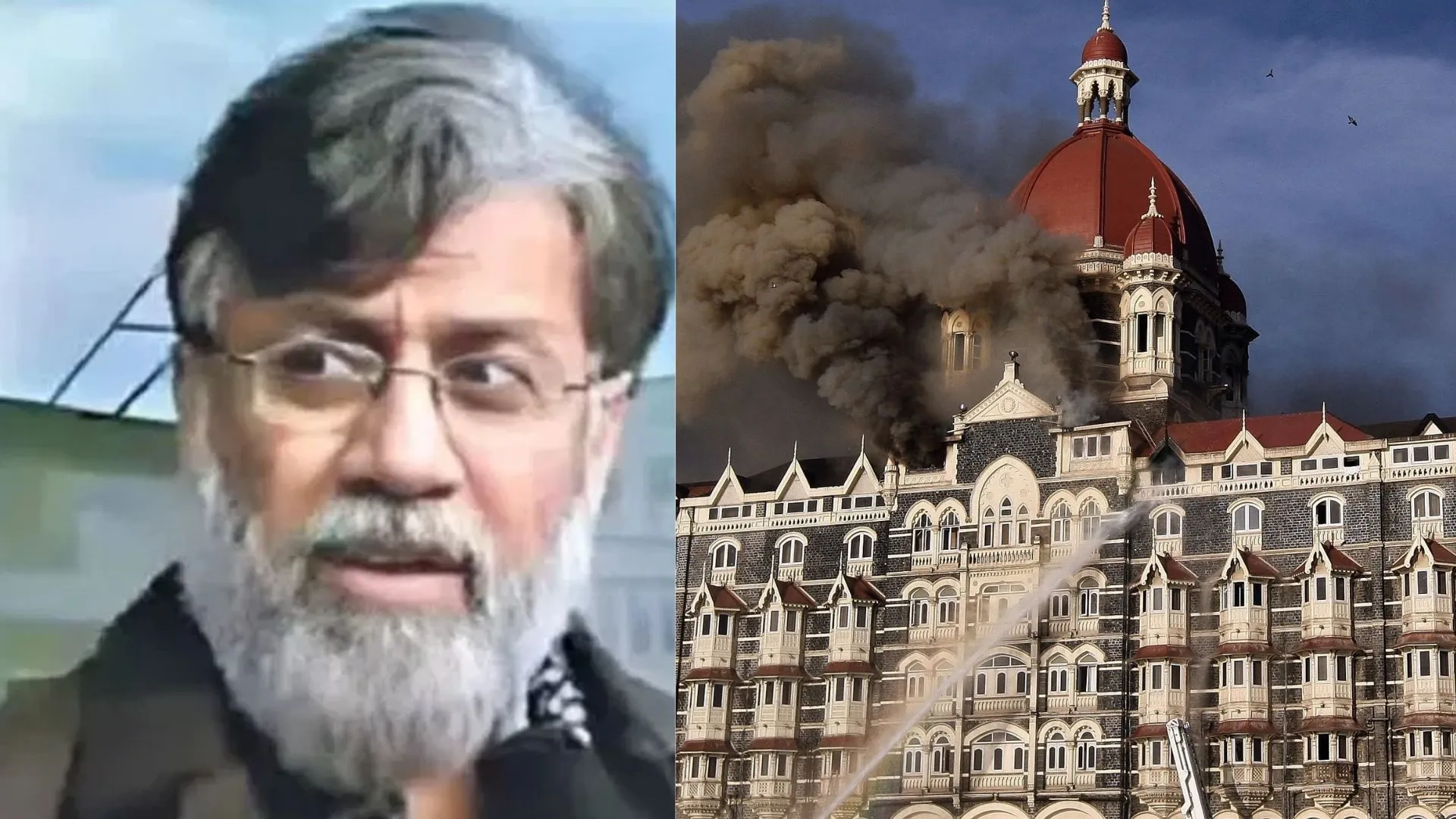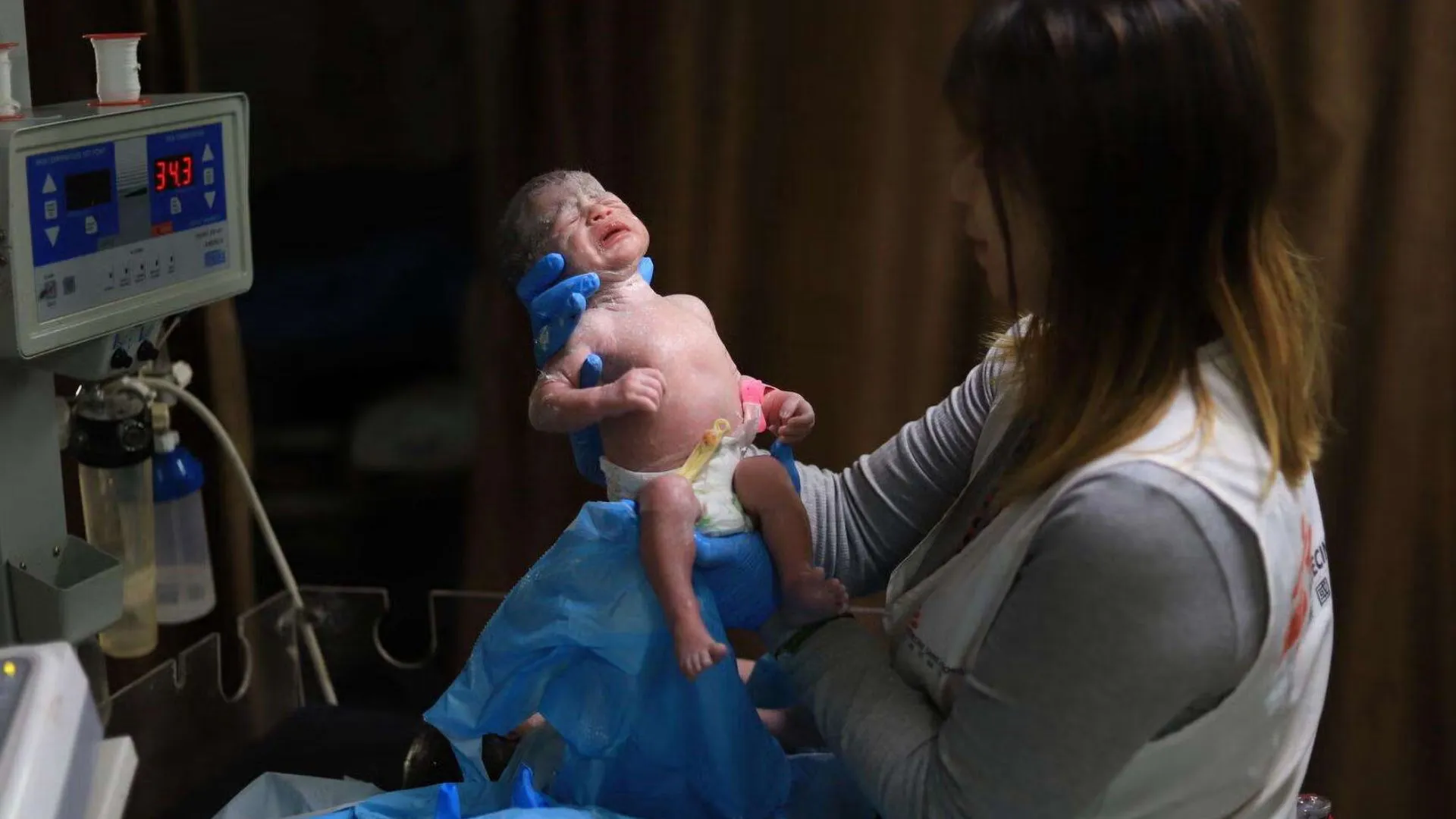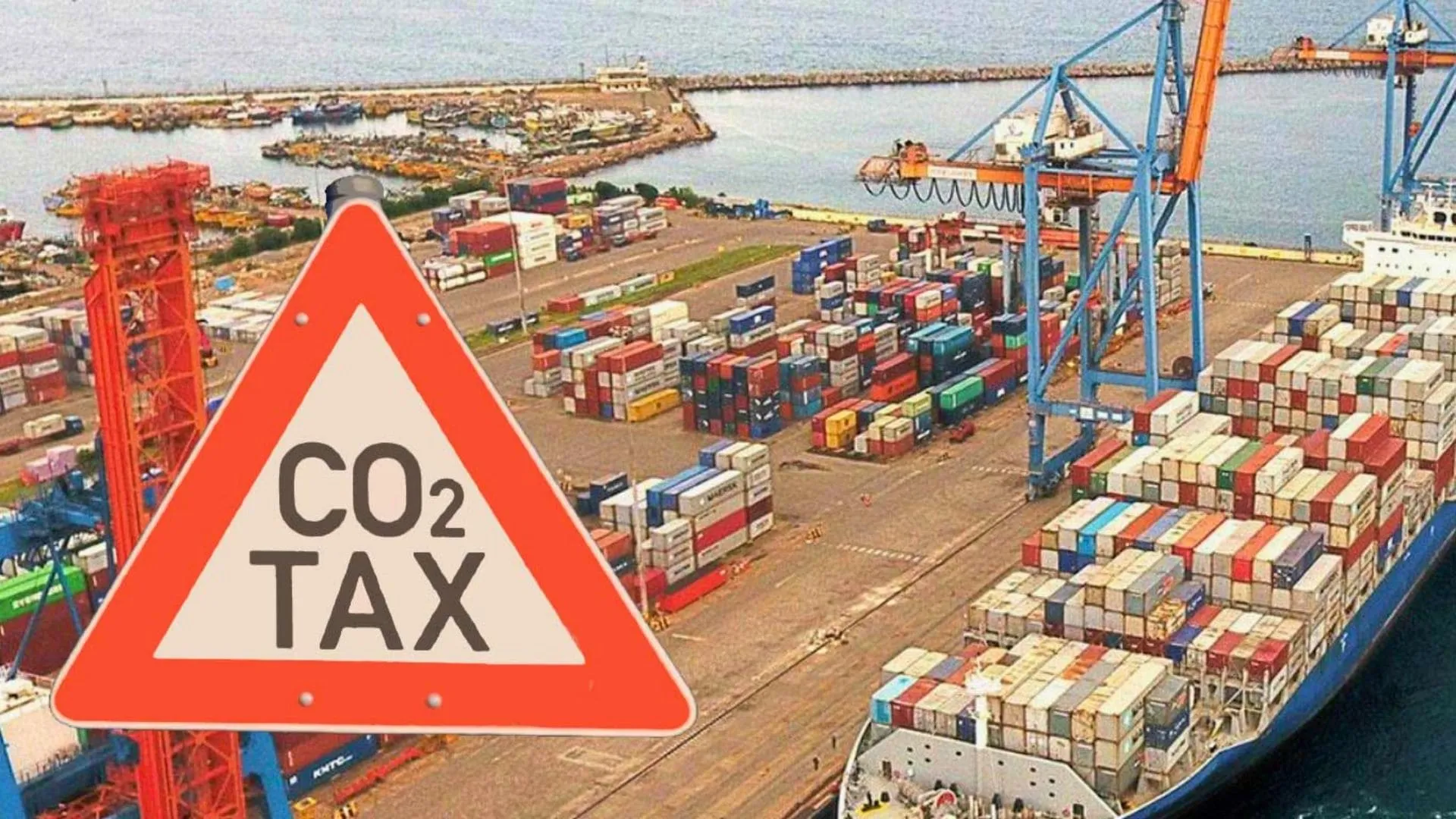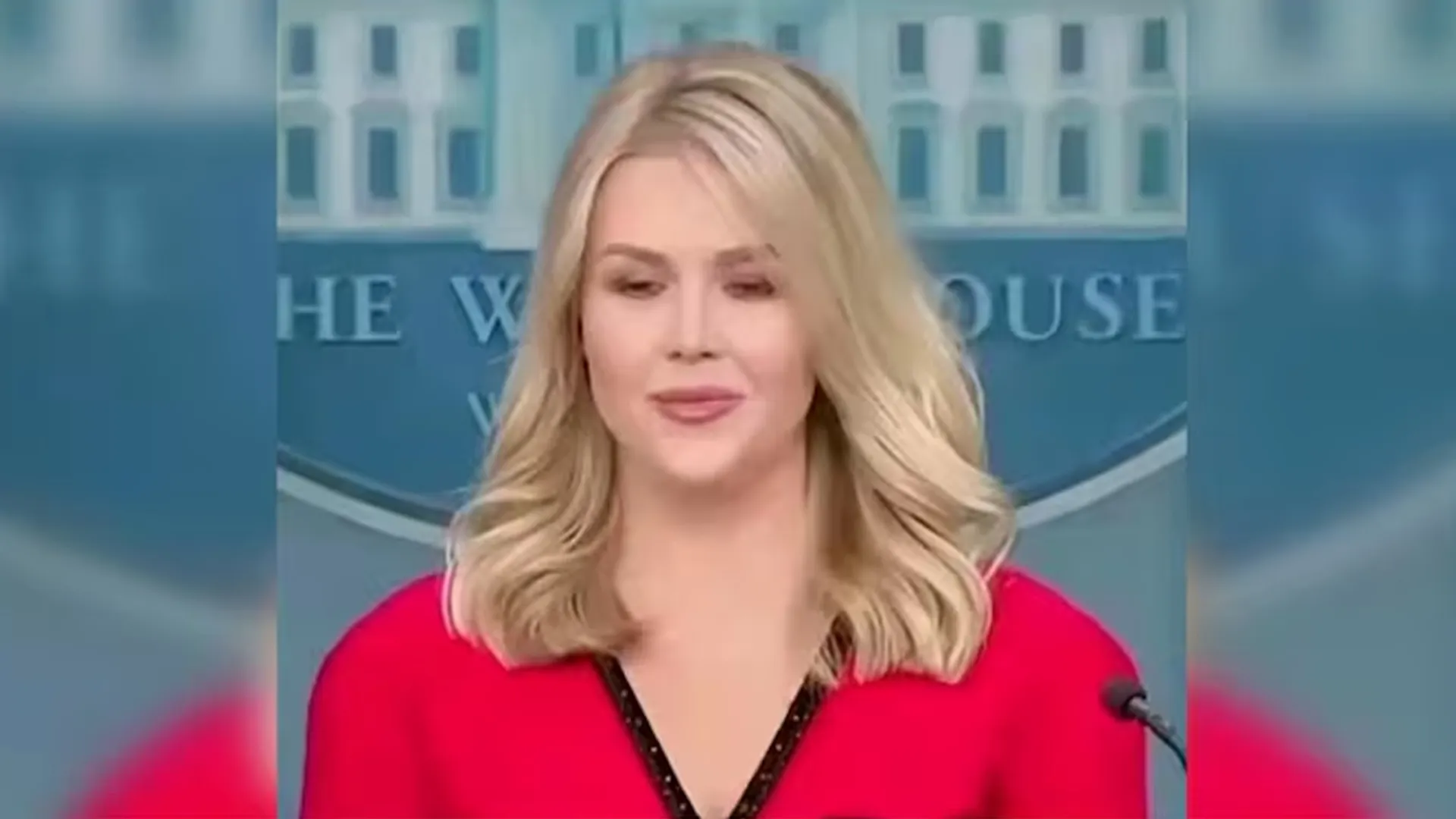The year 2024 saw some of the most pivotal elections in recent history, with leaders like Prime Minister Narendra Modi securing a third term in India and former U.S. President Donald Trump making a dramatic political comeback. As the dust settles, 2025 is set to witness its own set of crucial elections that could have lasting implications on the global geopolitical landscape. While fewer countries will hold elections in 2025, several key races will capture international attention. Here’s a look at some of the most significant elections to watch out for in 2025:
Belarus Presidential Elections – January 26
Belarus, under President Alexander Lukashenko, is set to head to the polls in January 2025. Lukashenko, often called the “last dictator of Europe,” has been in power since 1994 and has faced allegations of election rigging and suppressing political dissent. His ties to Russian President Vladimir Putin have further fueled accusations of undemocratic practices. Despite these controversies, Lukashenko will run for a seventh term, with little to no opposition expected.
Earlier this year, Lukashenko enacted a law granting him lifetime immunity and curbing any attempts by exiled opponents to challenge his rule. His upcoming reelection bid is expected to draw international scrutiny.
Kosovo Parliamentary Elections – February 9
Kosovo, a small European nation, will hold its parliamentary elections in February 2025 amid rising tensions with Serbia. Prime Minister Albin Kurti’s Lëvizja Vetevendosje (LVV), or Self-Determination Movement, is seeking a second term after completing its first full four-year term in office. However, the country’s political landscape is volatile, particularly in the northern region, which has a significant Serbian population.
Kurti’s party faces challenges from both Russia, which supports Serbia’s position, and Western nations, who have criticized Kurti’s approach. The upcoming election will be a significant test for Kosovo’s future, as the country navigates these internal and external pressures.
Germany Bundestag Election – February 23
Germany’s next federal election will take place earlier than expected due to the collapse of the ruling coalition government. Chancellor Olaf Scholz’s coalition, which includes the Social Democrats, Green Party, and Free Democrats, faced poor performance at recent state elections, leading to political instability.
The far-right Alternative for Germany (AfD) is currently polling second, making this election one to watch closely. The Christian Democrats are emerging as strong contenders to take control, but the outcome will likely result in another coalition government. This election will test Germany’s political direction as it deals with rising far-right sentiments and internal government turmoil.
Australian Parliamentary Elections – May 17 & September 27
Australia will hold key parliamentary elections in 2025, with the Senate elections taking place in May and the House of Representatives elections by September. Prime Minister Anthony Albanese’s popularity has taken a hit, and his rival, Peter Dutton of the Liberal Party, has gained significant traction in recent months.
Albanese is campaigning on a platform of building Australia’s future through investments in health, education, and social programs. Meanwhile, Dutton pledges to tackle the country’s rising living costs and energy issues. The election will be a defining moment for Australia as both sides present starkly different visions for the country’s future.
Bolivia General Elections – August 17
Bolivia will face a highly charged general election in August 2025, marked by a rivalry between former President Evo Morales and current President Luis Arce. While Morales is barred from contesting due to legal issues, he continues to exert influence through protests and opposition efforts. Arce, on the other hand, faces significant challenges due to Bolivia’s slowing economy, rising poverty, and accusations of authoritarianism.
This election will likely be a turning point in Bolivia’s political landscape, with the potential for a new political force to emerge, challenging both Morales and Arce’s political dominance.
Canadian Federal Election – October 20
Canada’s 2025 federal election is another major event to watch, as Prime Minister Justin Trudeau faces mounting opposition. His approval rating has plummeted, and within his own Liberal Party, calls for his resignation have grown louder. Conservative Party leader Pierre Poilievre is poised to challenge Trudeau for leadership, making this race one of the most anticipated in Canadian political history.
The election could take place earlier or later than the scheduled October 20 date, potentially moving to October 27 due to the Hindu festival of Diwali. The results of this election will have significant ramifications for Canada’s political future, particularly on issues like climate change, healthcare, and economic reform.
The Global Outlook for 2025
Though 2025 may not see the sheer volume of elections that 2024 did, the races mentioned above will have a profound impact on the global geopolitical stage. From Lukashenko’s potential return in Belarus to the future of Kosovo’s self-determination and political shifts in major European and North American powers, these elections will shape the global political narrative in the years to come.
As political turbulence continues in regions such as Israel, France, and South Korea, there may be unexpected elections that add even more drama to an already dynamic year. 2025 promises to be a year of political reckoning, and the outcome of these key elections could redefine the political order across the world.

